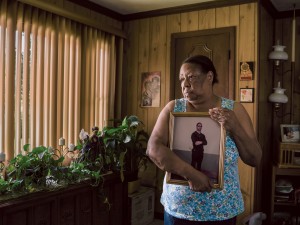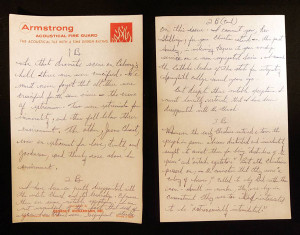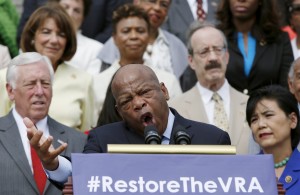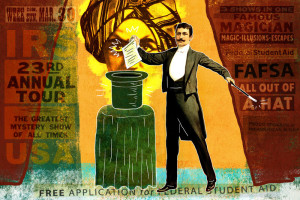M.S. Handler, Introduction to Malcolm X
September 14, 2015‘…forces in a developing social struggle are frequently buried beneath the visible surface and make themselves felt in many ways long before they burst out into the open.
These generative forces make themselves felt through the power of an idea long before their organizational forms can openly challenge the establishment. It is the merit of European political ideas in a sociologists to give high priority to the power of ideas in a social struggle.
In the United States, it is our weakness to confuse the numerical strength of an organization and the publicity attached to leaders with the germinating forces that sow the seeds of social upheaval in our community.’
‘The Black Family in the Age of Incarceration’
By Ta-Nehisi Coates
Wherever the law is, crime can be found.
— Aleksandr Solzhenitsyn, 1973
The Atlantic
Non-violence. And this.
300 applicants wanted to serve on the Ferguson commission. The governor of Missouri chose 16. A 21-year-old community activist was one. Rasheed Aldridge. Our millennials want change.
The Huffington Post:
‘Sometimes, especially shortly after the establishment of the commission, protesters and other community members would disrupt meetings to share concerns about the commission simply being a distraction. The commission’s youngest member, 21-year-old Rasheen Aldridge, told the St. Louis Post-Dispatch he initially thought the commission “was just a way to really not get to the serious issues” but has since changed his mind.’
http://www.huffingtonpost.com/entry/ferguson-commission-report_55f6ae4ae4b063ecbfa4c17c
NPR:
‘In the early days, he said, “the president (Obama), in my opinion, didn’t really step up to the plate.”
“But I remember when I was invited to the White House and he sat in the room with me and other activists and we talked about race and we talked about change that we wanted to see,” Aldridge said, “I could see in the president’s face that he was tired of having this conversation — that he really wanted to have some change happen.”
“I think after Ferguson, the president, he’s been hitting hard on race recently. And I appreciate it. I understand sometimes it is tough,” Aldridge said.’
Maria Papova/Brain Pickings:
MLK & the Birmingham Jail Letter
‘In any nonviolent campaign there are four basic steps: 1) collection of the facts to determine whether injustices are alive; 2) negotiation; 3) self-purification; and 4) direct action.’
{…}
“Injustice anywhere is a threat to justice everywhere. We are caught in an inescapable network of mutuality… Whatever affects one directly, affects all indirectly.”
{…}
‘History is the long and tragic story of the fact that privileged groups seldom give up their privileges voluntarily. Individuals may see the moral light and give up their unjust posture; but … groups are more immoral than individuals.
We know through painful experience that freedom is never voluntarily given by the oppressor; it must be demanded by the oppressed’
Rep. John Lewis
John Lewis is a congressman from Georgia. He was the chairman of the Student Nonviolent Coordinating Committee, was a leader of the Selma-to-Montgomery march for voting rights in 1965 and is the last surviving speaker from the historic March on Washington.
Turn left…on Main Street.
Bill Moyers & Michael Winship:
“The progressive agenda isn’t ‘left wing.’ The progressive agenda is America’s story — from ending slavery to ending segregation to establishing a woman’s right to vote to Social Security, the right to organize, and the fight for fair pay and against income inequality. Strip those from our history and you might as well contract America out to the US Chamber of Commerce the National Association of Manufacturers, and Karl Rove, Inc.”
Shout into the wind.
Seth Godin:
Anything worth shouting about is worth shouting into the wind.
Because if enough people care, often enough, the word spreads, the standards change, the wind dies down. If enough people care, the culture changes.
It’s easy to persuade ourselves that the right time to make change happen is when it’s time. But that’s never true. The right time to make it happen is before it’s time. Because this is what ‘making’ means.
The most devastating thing we can learn about our power is how much of it we have. How much change we could make if we would only speak up first, not last. How much influence we can have if we’re willing to to look someone in the eye and say, “yes.” Or, “this is our problem, too.” Or, “this must stop.”
Yes, there’s wind, there’s always been wind. But that doesn’t mean we shouldn’t stop shouting.






